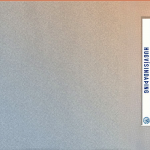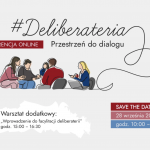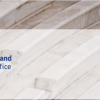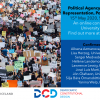Home » Posts tagged 'Events'
Tag Archives: Events
DCD participates in ‘Deliberateria – a space for dialogue’
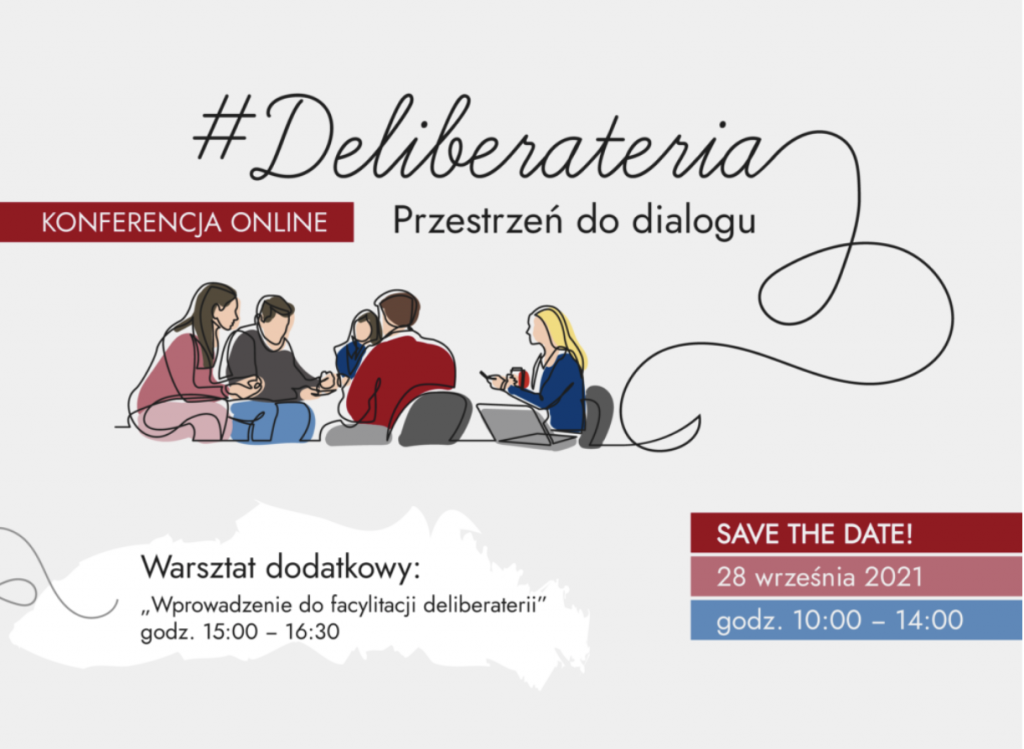
Jón Ólafsson and Salvör Nordal will participate in the online conference Deliberateria – a space for dialogue organized, by the Polish Institute for Human Rights and Business (PIHRB), the DCD and the University of Iceland, which will take place online (zoom platform) on September 28, 2021 at 10.00 – 14.00. The simultaneous translation will be provided (PL-EN- PL).
#deliberateria – a new form of dialogue, or even more broadly – civic engagement, will be presented. It has been developed as a part of “Human rights and business – social dialogue post-COVID19” project, carried out with support from the Active Citizens – National Fund program, financed from EEA Funds. Participants of the conference will also have the opportunity also to experience Deliberataria in practice thanks to mini-deliberateria session integrated into the program of the event.
The project is influenced and inspired by the Icelandic constitutional process and the online pilot meetings with residents of three cities in cooperation with the local governments of Poznań, Przemyśl and Częstochowa, to an e-publication collecting the most important conclusions from the project.
The conference program is available here and further information and registration on the events Facebook page
Political Agency after Covid-19
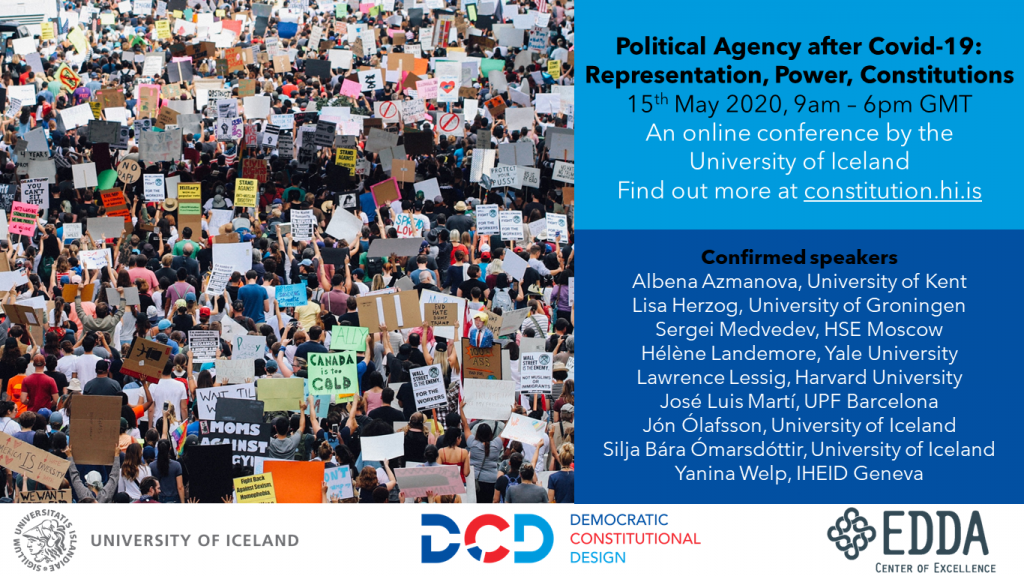
Political Agency after COVID-19: Representation, Power, Constitutions.
15 May 2020 9 am – 6 pm GMT
An online conference mediated by the University of Iceland, EDDA Research Center.
If you have problems with the registration form, please email the conference administrator Þórhildur Heimisdóttir on thorhildurheimis@gmail.com
Conference Program
09:00-09:10 Opening remarks by Katrín Jakobsdóttir, Prime Minister of Iceland
09:10-10:30 Session 1
09:10-09:50
Albena Azmanova, University of Kent
“Battlegrounds of justice — what really grieves the 99%”
Abstract: Before the pandemic, progressive forces were mobilising under the banner of fighting inequality. The pandemic, however, has revealed that the scourge of our societies is the generalised precarity — the massive economic and social fragility that four decades of cuts to public spending created. What policies are necessary for a swift change of direction?
Commentator: Bakar Berekashvili, Georgian American University
09:50-10:30
José Luis Marti, Pompeu Fabra University
“Collective Intelligence in Times of Crisis: Crowdcourced emergency decision-making against the Expertocracy Temptation”
Abstract: One of the temptations that many governments face in situations of emergency is a well-intentioned turn towards expertocracy, under the assumption that normal democratic politics and ordinary citizens are not able to deliver good and correct decisions. For many, democracy in general, in participatory democracy in particular, should be partially suspended or limited during crises like this. But this is very wrong. Evidence from previous emergency situations show how crowdsourced mechanisms of emergency decision-making, under the rights circumstances, may be the best way to improve the quality of decision making, as much as it’s legitimacy. I’ll revise different ways in which collective intelligence may be of great help in times of crisis like this.
Commentator: Eyja Margrét Brynjarsdóttir, University of Iceland
10:45 – 12:05 Session 2
10:45-11:25
Lisa Herzog, University of Groningen
Presentation on trust in science and democratic policy-making
Abstract: One thing that the Corona crisis has made very visible is our dependence on scientists – the press conferences of virologists and epidemiologists have become a daily ritual in many countries. I would argue, however, that structurally speaking, such a dependence on scientists and other experts has existed long before, and that it should be understood as a relationship of trust, rather than mere reliability. I discuss whether and how this dependence can be squared with democratic principles, drawing on Albert Dzur’s work on “democratic professionalism”. I conclude by briefly reflecting on implications for democratic practices such as minipublics or other participatory formats.
Commentator: Arne Hintz, Cardiff University
11:25-12:05
Jón Ólafsson, University of Iceland
“An epistocratic interregnum: The attraction of leaving decisions to specialists.”
Abstract: The prominence of health officials in managing the pandemic has for the most part been a relief to a distrusting public. The specialists are seen as objective and responsible, able to limit recommendations and decisions to what is necessary. Will this experience of a brief period where policies are actually determined by best knowledge make the public more open to a larger specialist role in government? Would that be desirable?
Commentator: Zhar Zardykhan, KIMEP University Almaty
12:40-14:00 Session 3
12:40-13:20
Silja Bára Ómarsdóttir, University of Iceland
“Pandemics and perceptions: ontological security in Iceland”
Abstract: in a 2016 study in Iceland, participants in a survey were asked to identify the main threats they perceived to their own security and that of the state. The focus was by and large on natural and environmental threats, as well as economic stability. Fear of pandemics threatening national security was minimal, but somewhat higher when it came to threats to personal security. In this talk, I ask whether the perception of security, the feeling of being safe, is more important than the state’s ability to provide security.
Commentator: Just Serrano Zamora, University of Groningen
13:20-14:00
Sergei Medvedev, Higher School of Economics, Moscow
“The return of nature: eco- and biopolitics of the pandemic”
Abstract:The current crisis has suddenly revealed the critical role of Nature in our civilization, bringing us back to “bare life”, the biological core of our existence, and placing biopower at the core of the emerging political order. In its origins, the pandemic is rooted in the broken interface between the Human and Nature — so the remedy might be found in reparing this relationship. The exit from the crisis might as well be green, and Nature might be awarded a stronger political agency.
Commentator: Nanna Hlín Halldórsdóttir, University of Iceland
14:15-15:35 Session 4
14:15-14:55
Lawrence Lessig, Harvard University
Democracy in the context of the Covid-19 crisis
Commentator: Viktor Orri Valgarðsson, Durham University
14:55-15:35
Yanina Welp, Geneva Graduate Institute of International and Development Studies
“Loyalty, voice or exit? Reflections from the Latin American experience”
Abstract: several surveys have described a global democratic decline. How will the pandemic affect it in Latin America? The region is characterized by a cyclical economical crisis, weak health systems and presidential regimes in which the executive popularity conditions the stability of the government. Will the crisis create opportunities for increased critical public engagement and possibilities for more participatory and inclusive political agency or will lead to more citizen’s disengagement and power concentration in the executive?
Commentator: Hólmfríður Garðarsdóttir, University of Iceland
15:50-18:00 Session 5
15:50-16:30
Hélène Landemore, Yale University
“Democracy in the Time of Cholera”
Commentator: Brendan Hogan, New York University
16:45-18:00
Roundtable moderated by Jón Ólafsson
Participants to be announced
Conference topic
Governments around the world are facing a pandemic that requires not only global effort but presents a trial of political leadership. Different reactions to the crisis will play out in different ways and have different consequences. In some countries initial reluctance to act by trivializing the threat has undermined political leaders; in other countries, politicians have surprised voters with resourcefulness and principled decision-making. Public health officials have emerged as a major force behind policy decisions and sometimes even dictated social measures affecting most citizens in their societies.
Globally, the pandemic is bound to have destructive economic consequences whose depth and extent will only become clear with time. Elected officials will survive only if they are able to maintain a public perception of their efficiency and trustworthiness – or if they succeed in pinning blame on their political opponents or other domestic or foreign scapegoats.
Will the coming political upheavals be played out in elite power struggles where political leaders desperately try to retain – or gain – public support? Will the situation have deeper, longer lasting systemic consequences, affecting both national and global governance? One of the most intriguing questions is whether the crisis creates opportunities for increased critical public engagement and possibilities for more participatory and inclusive political agency. Will it make clearer the need for foundational documents – such as constitutions – to be co-written and co-designed? Will the crisis affect dominating values and norms by increasing public appetite for collective social action, such as comprehensive public health policies, and by making individual liberty less central in political rhetoric?
The final and most fateful question is whether the pandemic will mark one more step toward governments’ openly embracing techniques of power that enable large scale surveillance of populations. Then we might be looking at intervention based on the most intimate details about citizens personal lives of, for the sake of collective security and public health.
Will the pandemic increase the understanding of the need for strong public policies to fight climate change? Is it going to create an interest in revising some of the more fundamental ideas of liberal democratic societies expressed in constitutions? Or is its presence one more state of exception, which will be normalized and instrumentalized and which will make an ideal of democracy yet more distant?
Deliberative mini-publics facilitating voter knowledge and judgement: Experience from a Finnish local referendum
Maija Setälä, Turku University
Veröld, Auditorium 023, Thursday 12 March, 12:05
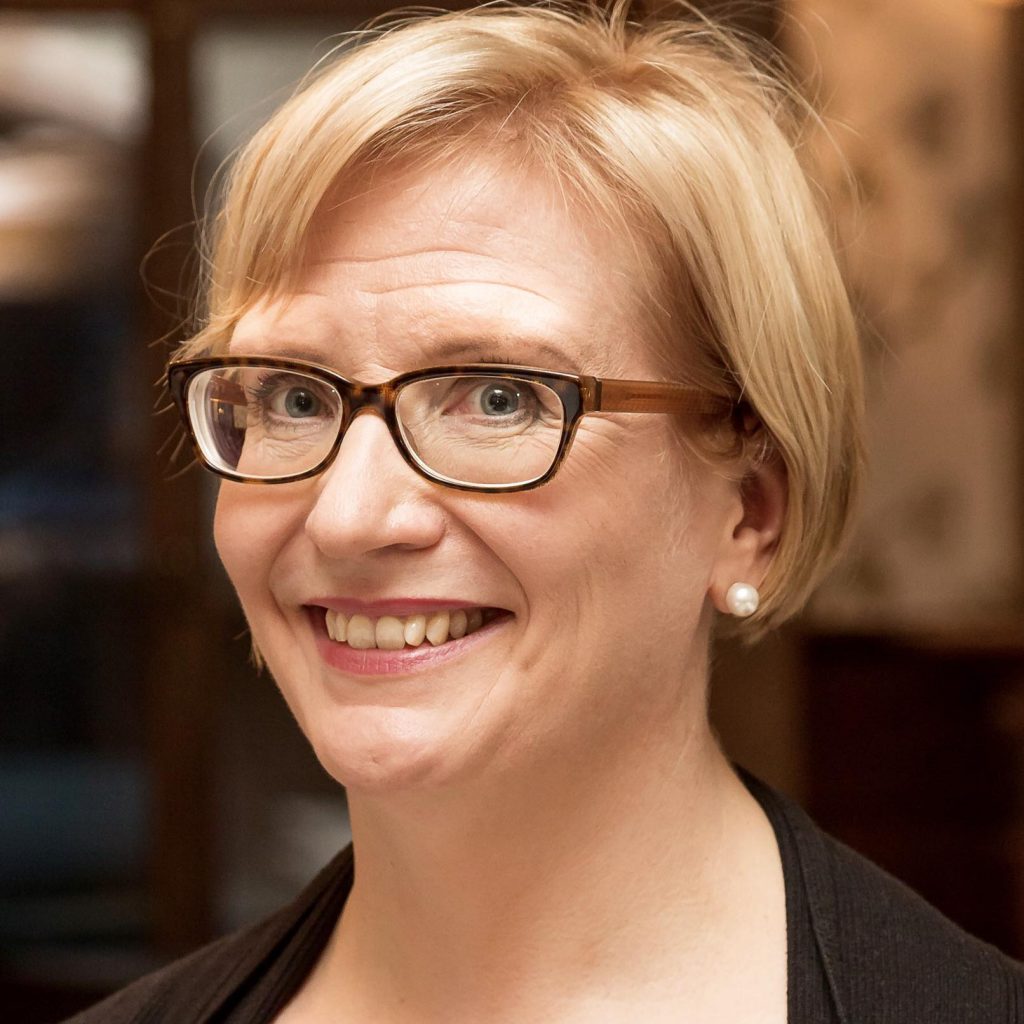
Can a Citizens’ Jury serve as a trusted source of voter information in the context of a government-initiated (top-down) referendum? Several studies show that Citizens’ Initiative Review (CIR) enhances voters’ knowledge and capacity of judgement in a ballot initiative processes. However, similar procedures have not been tested outside the U.S. or in the context of top-down government-initiated referendums. Maija Setälä and her colleagues studied a Citizens’ Jury on Referendum Options organized in the municipality of Korsholm in Finland in 2019. Even though the referendum concerned a contested municipal merger, they found that the Jury participants were nonetheless satisfied with the deliberative process and found it impartial. Furthermore; a large majority of voters had read the statement and thought it was a useful and trustworthy source of information. They also found that reading the statement increased trust in the jury, factual knowledge, issue efficacy and perspective-taking.
Lawrence Lessig: What the Crisis in America’s Democracy Says About Democracy Anywhere
Veröld, hús Vigdísar Thursday 23. January, 16:00 – 17:30

In this talk, Lawrence Lessig argues that the democratic crisis in the United States has less to do with the United States – more with democracy anywhere in the world. He discusses how new technologies have impacted modern society so that democracy itself is at stake. The world is in desperate need of democratic practices and methods that can help democracy flourish democracy, despite the social and technological challenges we currently face.
